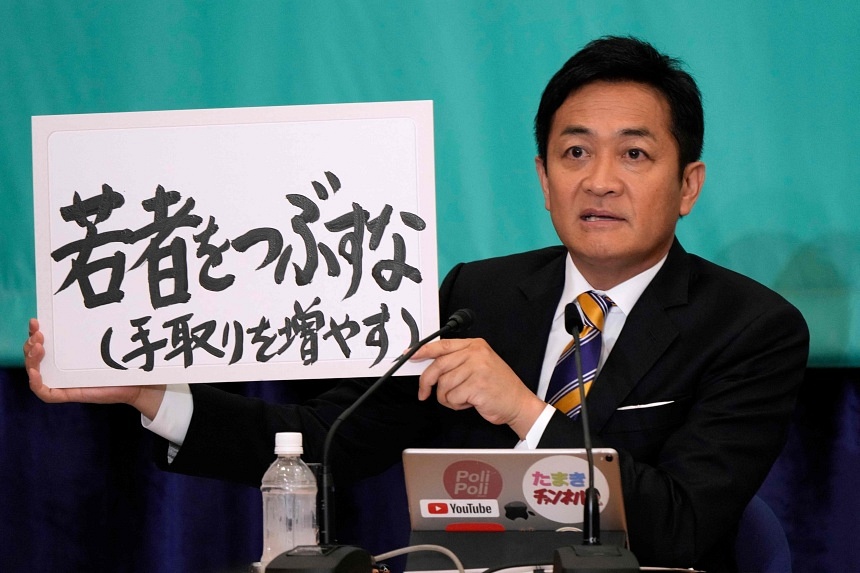Bangladesh faces political turmoil following Prime Minister Sheikh Hasina’s uncertain departure. Doubts about her formal resignation have sparked calls for fresh elections amid economic instability.
Hasina’s 15-year rule ended abruptly on August 5, 2024, when she fled to India amid intense student protests. President Mohammed Shahabuddin announced her resignation that evening.
However, he later told a Bengali newspaper he hadn’t seen her resignation letter, contradicting his earlier statement. This revelation has angered student activists and the interim government led by Nobel laureate Muhammad Yunus.
The controversy raises constitutional questions. Without a formal resignation, Hasina could technically remain the de facto prime minister, creating a potential crisis.
Calls for new elections have intensified, but organizing them presents challenges. The constitution may need amending, complicated by Hasina’s Awami League’s parliamentary majority.
 Bangladesh’s Political Quagmire: Hasina’s Disputed Departure Sparks Unrest. (Photo Internet reproduction)
Bangladesh’s Political Quagmire: Hasina’s Disputed Departure Sparks Unrest. (Photo Internet reproduction)The interim government faces pressure from various factions. Student protesters demand democratic reforms, while Hasina’s supporters question the new administration’s legitimacy.
Bangladesh’s Economic Challenges
Bangladesh’s economy, once among Asia’s fastest-growing, now faces uncertainty. The political upheaval threatens to undermine investor confidence and economic progress.
International relations have also been affected. India’s decision to host Hasina has strained ties with Bangladesh. An extradition treaty exists, but political considerations may complicate its application.
Legal proceedings have begun against Hasina and her associates. Bangladesh’s International Crimes Tribunal has issued arrest warrants for 46 individuals, including the former prime minister.
They face charges of “crimes against humanity” related to the suppression of protests. The resolution of this crisis will shape Bangladesh‘s political future.
The country must address constitutional questions and restore stability to maintain its economic trajectory. As Bangladesh grapples with these challenges, the importance of democratic processes becomes clear.
The situation underscores the need for transparent governance and respect for constitutional norms. It also highlights the power of public dissent in shaping political outcomes.
The unfolding events serve as a reminder of political systems’ fragility and how quickly long-standing regimes can crumble in the face of popular discontent. Bangladesh now stands at a crossroads, with its future hanging in the balance.

 By The Rio Times | Created at 2024-10-30 17:57:33 | Updated at 2024-11-05 21:02:51
6 days ago
By The Rio Times | Created at 2024-10-30 17:57:33 | Updated at 2024-11-05 21:02:51
6 days ago








